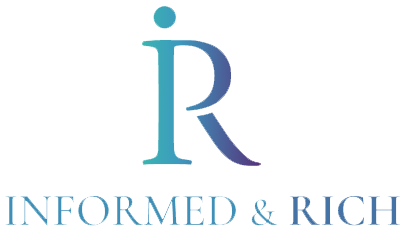THE Food and Drug Administration (FDA) said it suspended the new registration and assessment fees for medical products after legislators said they were modified without sufficient consultation.
In a briefing at the House of Representatives, FDA Director-General Paolo S. Teston said the recommendation to suspend the new fees has been conveyed to Health Secretary Teodoro J. Herbosa, and will take effect after he gives his approval.
“After due deliberation of the management committee of the FDA last week, we have recommended to the Health secretary the suspension of its implementation of the administrative order,” Mr. Teston told legislators.
“The recommendation is to suspend its implementation for a period of 60 days, unless sooner lifted or extended upon the instruction of the Secretary of Health,” he added.
The FDA overhauled its fee structure in December, with changes including a hike in annual licensing fees for drug distributors to P8,000 per year from the previous two-tiered structure that charged P5,000 for an initial license and P10,000 for succeeding years.
“Despite the increase in fees and charges by the FDA, industry stakeholders decried the absence of any palpable improvements in the delivery of the FDA’s services,” Iloilo Rep. Ferjenel G. Biron, who heads the House trade and industry panel, said.
“The exorbitant fees remain a burden to stakeholders as the increase they pay is not commensurate with the services they receive,” he added.
There are about 3,000 permit applications pending with the regulator, FDA Director Maria Cecilia C. Matienzo told the panel.
The delays in the processing of FDA permit applications have a “big effect” on medicine prices, Mr. Teston said, adding that his agency will come up with proposed solutions to clear the backlog.
“We recognize the effect of the slow processing of applications on the market prices of medicine,” he said. “But we’re a regulator, so we also need to ensure that the products entering the market are of quality, safe and effective.”
Meanwhile, the Philippine Chamber of Pharmaceutical Industry (PCPI) urged legislators to draft bills that will encourage the domestic production of medicine.
“We face challenges that hinder competition and growth, including regulatory disadvantages compared to foreign companies that no longer manufacture products in the Philippines,” it said in a document submitted to the House trade and industry panel obtained by BusinessWorld.
It called for express lanes to process the applications of domestically manufactured pharmaceutical products, the PCPI said.
It called for tax incentives for domestic drug manufacturers, such as the removal of value-added taxes and duties on imports of raw materials and pharmaceutical equipment.
The business group also urged legislators to consider adopting some regional regulatory practices like the preferential treatment of domestic pharmaceutical companies, citing the advantages granted to Indonesian, Vietnamese and Thai manufacturers. — Kenneth Christiane L. Basilio

